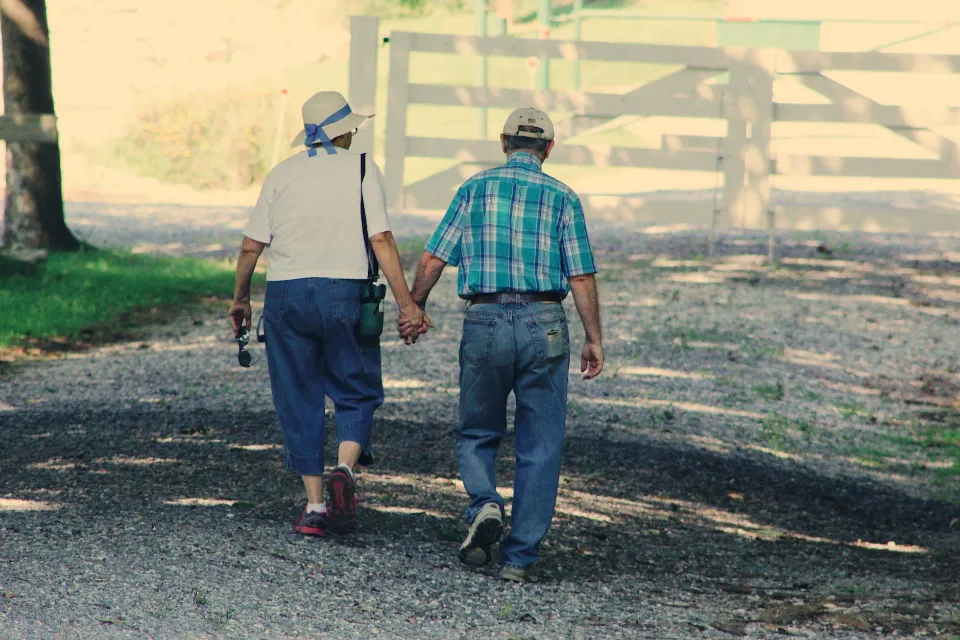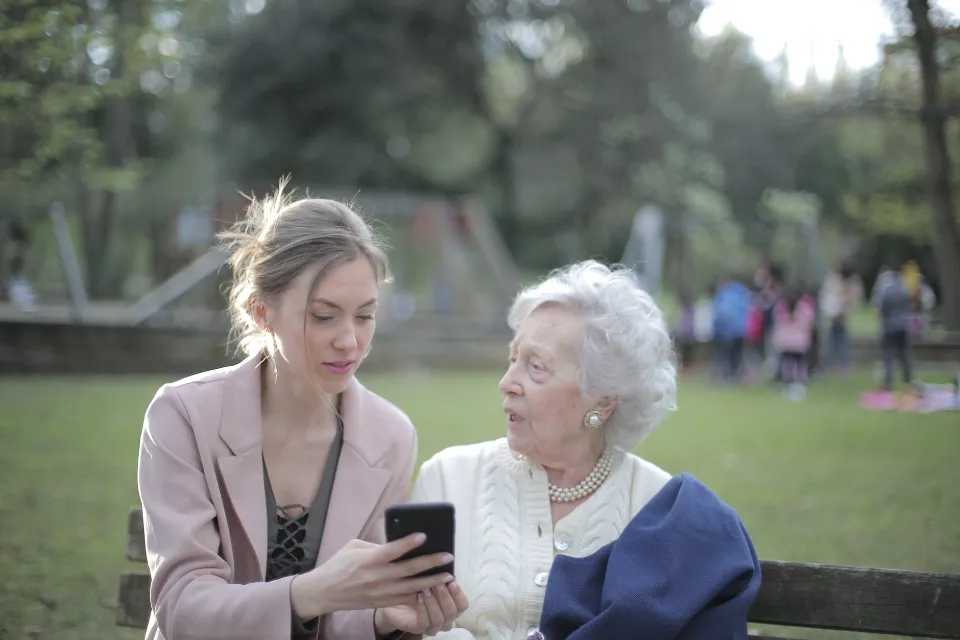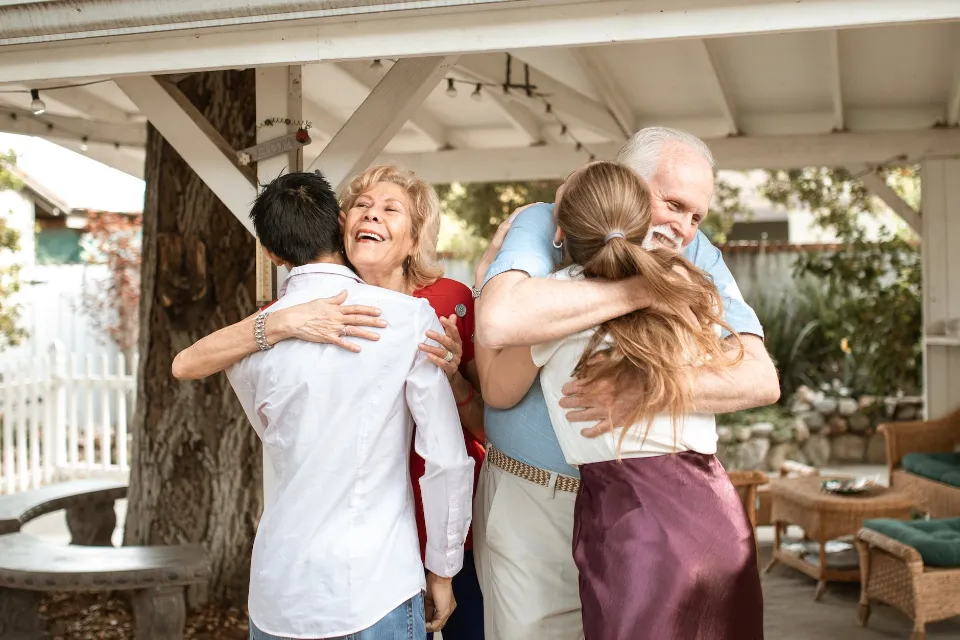Even though leaving an elderly parent can be difficult, there are times when it’s the best course of action if you’ve had enough of their domineering attitude without any signs of abuse.
You might be considering leaving your elderly parent if they have dementia and other medical problems. The financial and emotional toll of taking care of an elderly parent can be severe. It might also have a negative effect on the loved one’s family.
So, is it wise to stay with an elderly parent or not? Why should you depart? How can you atone for the regret of abandoning your parents? You can find the response in this article.
2 Types of Impacts of Caring An Elderly Parent
Family—
Numerous emotional and monetary effects can result from taking care of elderly parents. Caregiving can become challenging as a result of family conflicts brought on by a parent’s declining health. Additionally, it might be detrimental to your own health. You can find resources and learn about the various care options available with the help of the National Family Caregiver Support Program.
Family conflicts can arise from providing care, especially when the caregiver and a sibling disagree on what is best for the elderly parent. Finances, living arrangements, and other significant decisions may be covered in these discussions. Consult a geriatric care manager or an agent from the Area Agency on the Elderly if you’re unsure of how to handle the siblings’ worries. You can solve the problems and find their source with the aid of an outside perspective.
Many people are happy to assist a loved one in need, but not everyone is the same. Adult children who refuse to look after their elderly parents could have experienced trauma in the past or could be going through a difficult time right now. Whatever the reason, it’s critical that siblings communicate openly and honestly about any problems they may be having.
Economy—
Female caregivers should prioritize their own health as one of their top priorities. Too many independent projects can cause a variety of issues, such as weight gain, lack of sleep, and headaches. Women who provide care for others should take precautions to safeguard their health by reducing the amount of time and effort spent doing so. Regular exercise, a balanced diet, and stress management are all components of a healthy lifestyle.
The caregivers’ own financial situation is another consideration. Although many caregivers are fortunate enough to have a stable job with a good salary, this is not always the case. Due to lost income, caregivers may be less able to save for retirement or pay off debt. Similarly, providing care can result in increased medical costs for the caregiver, which can drain their finances.

Reasons for Walking Away Elderly Parent
Elderly Parents are Abusive
If your parent is abusive, whether it be verbally, emotionally, or physically, you might not have a choice but to temporarily cut ties with them while you consider your options. And this will shield you from more mistreatment.
Elderly Parent with Serious Mental Illness
It can be very difficult to care for an elderly parent who has a severe mental illness, such as dementia or Alzheimer’s disease. You don’t have to leave or ignore your parent, though.
The benefits of being admitted into a long-term care facility where they can get expert assistance to outweigh the costs.
Drugs or Alcohol Addict
It might be necessary to bring your elderly parent to a rehab facility if they are dependent on drugs or alcohol.
How Can You Make Up for the Regret of Walking Away Elderly Parent?
Settlement of Quarrels
Be aware that moving away may exacerbate old resentments and unresolved disputes, which may increase caregiver guilt.
It’s time to let go of any childhood feelings of favoritism toward your brother or that you didn’t see one parent frequently enough. When you are aware that your parent needs you, these are the last thoughts or emotions you want to be experiencing.
If necessary, seek the help of a family therapist who can help you to resolve past issues and even guide you to think about the situation from your parent’s point of view.
Get Used to It
The best way to overcome guilt after moving away from your elderly parents is to accept the situation. Anyone can always improve the comfort of their elderly loved ones. However, a long-distance caregiver can only do so much because it is always simpler to say than to do.
Update a Communication Strategy
A visit might be ideal, but video calls are still very effective. Create a regular call time with your elderly parents so that you both have something to look forward to and aren’t worried about finding a convenient time or forgetting to call.
You should also have realistic expectations. Even though they likely have more free time, adult children typically have busier schedules. The days and times that work best for your schedule should be chosen, whether it is once a week or once every other week. They’ll comprehend.
Help the main caregiver
One of the most important things to do is to offer the primary caregiver all the assistance you can. Moving away can significantly worsen the guilt related to providing care, especially if you and your sibling previously shared the responsibility.

Kindly support your sister or primary caregiver, offer financial assistance if you can, and be there for them when they need to talk. It’s also essential for caregivers to communicate with one another and offer support, especially when stress levels are at their highest.
Another way to help a primary caregiver is to manage important family paperwork, including mortgage documents, trust and will paperwork, insurance and medical claim paperwork, powers of attorney, and other important papers. The primary caregiver can concentrate on providing physical assistance while you handle the paperwork that can be filed remotely.
Conclusion
Parental separation is much more difficult than in other situations. You often can’t just leave without endangering your parents’ well-being. Planning is necessary for this step, particularly if your parents need a lot of care. It’s possible that you’ll need to set up adult day care, home care assistance, or even respite care in a long-term care facility. Once you’ve secured backup care, you can take control by making as many calls or visits as are required.
FAQS
Should I Give Up My Life to Care for Elderly Parents?
Caring for adult parents doesn’t necessarily mean giving up your life to care for elderly parents. Contrary to what might seem necessary, you do not have to devote all of your time to providing care. You must engage in self-care if you are a caregiver. You can get started by recognizing and controlling stress.
How Often Should You Call Your Elderly Parents?
Perhaps once a day. At most twice the first week. However, make sure it happens at the same time, early in the morning or late at night, so the senior knows when you will become.



